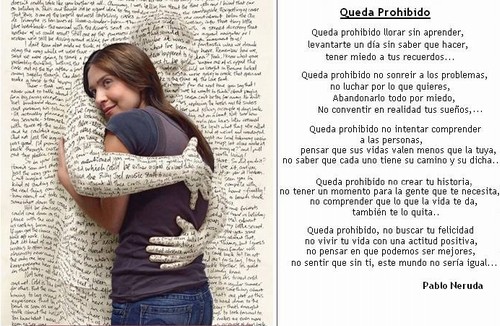
Cartaz Feira do Livro Madrid a começar a 28 de Maio
Hoje celebra-se o dia mundial do livro e do direito de autor. Acontece que este dia não tem muitos motivos para festejar. Não que haja problemas com a parte “Dia Mundial do Livro”, mas antes com a parte “direito de autor”. Quando em 1995 a UNESCO fundou este dia, estávamos numa época onde a Web dava os primeiros passos, a aldeia global não mais era do que um conjunto de universidades e uns quantos malucos pendurados em modems de 14400 bauds – hm… 95 seria talvez um motorola 33.6Kbps, mas adiante.
O dia mundial do livro devia ser positivamente desacoplado desta fantasia que é o direito de autor (nos termos da actual generalidade das leis sobre a matéria). O livro, que com o Kindle e mais recentemente com o iPad adquiriu o estatuto de pleno direito nos formatos electrónicos, não merece estar preso a peias de legislações ultrapassadas.
Veja-se o quão actual está esta apresentação de Larry Lessig nas Ted Talks de 2007. O direito de autor é uma questão ao nível do direito de propriedade e como Lessig explica, está neste momento a prejudicar a inovação, a criatividade e no fundo a beleza de viver no mundo do século XXI.
O Livro. A ideia do local onde a imaginação vai para lá da realidade, onde tudo é possível e onde não há fronteiras está infelizmente associada neste dia com a ideia de uma visão de propriedade intelectual que muito deixa a desejar numa sociedade moderna e de futuro. A primeira década do século XXI foi a década da perseguição e do esmagar da criatividade. Esperemos que os próximos 10 anos sejam os da abertura e inovação.
A propósito, já leu um livro hoje?
As minhas últimas aquisições para comemorar o dia do livro aqui no sixhat pirate parts:
Lakatos, Imre – História da Ciência e Suas Reconstruções Racionais.
Lakatos, Imre – Falsificação e Metodologia dos Programas de Investigação Científica.

